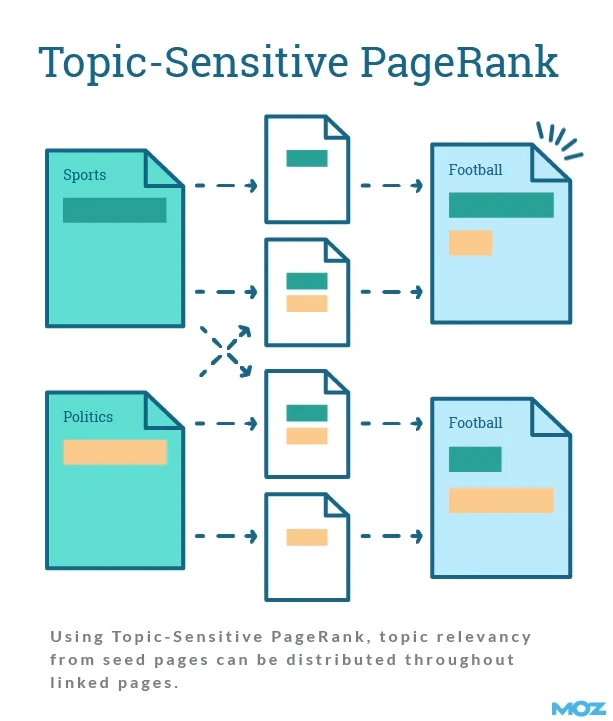Would You Still Want This Link if Google Didn’t Exist? A Look at Relevancy in Digital PR…
January 5, 2024 • 19 min read

- Relevancy in Digital PR; A Topic the Industry Can’t Agree On
- What’s Relevant & What’s Not?
- Why Relevancy Matters
- Ask Yourself: Would You Still Want This Link if Google Didn’t Exist?
- Let Your Goals Define Your Strategy
- Setting Expectations: More Relevant, Less Coverage
- Building Links vs Building Your Brand: It Doesn’t Need to Be a Choice Between One or the Other
- Sometimes, You’ll Need to Sacrifice Relevancy for Authority or Scale
I want to talk about the hottest topic in digital PR right now; relevancy.
It’s one that we’ve all got our own opinions on, and the consensus about how close to a brand’s core product offering our activity should be has shifted pretty significantly over the last few years.
And I want to share my thoughts on what relevancy in digital PR really means as we go into 2024, how we should be thinking about it and why it’s something that we need to be talking about within our own teams and with our clients.
You see, we work in an industry that’s fast-paced, and where change happens on an almost weekly basis. It’s easy for tactics to quickly become outdated and ineffective, but one thing we never seem to be able to agree on as an industry is what is and isn’t seen as relevant.
Keep reading to learn why, in my opinion, relevancy is a more important measure of digital PR success than the volume of coverage and links earned, and why the industry’s obsession over DR and DA doesn’t set us up to achieve the biggest impact for our own and our clients’ sites.
I’ll also share my thoughts on where that fine line is of being too relevant that it ends up being limiting.
Relevancy in Digital PR; A Topic the Industry Can’t Agree On
I’ve been doing digital PR since long before anyone called it digital PR.
Back in 2014, when I started earning links from the press, most other SEOs were still buying links, writing crappy guest posts or using PBNs.
When I started creating data-driven content, infographics (yes, you could easily earn 50 links for a not-very-good infographic in 2014) and creative campaigns, it was content-led link building. It was link bait. It was content marketing.
But to some of us, it was just how we did link building.
I stopped using most of the tactics I laid out above once I learned how to get the world’s biggest publications to link to my own and my client’s sites.
Looking back, this often came at the expense of relevancy in favour of volume and authority.
A link in The Telegraph that was only loosely related to a brand’s core offering was still a better link (and I’m talking about the impact it had on rankings) than the links that 90% of competitors were building at the time.
We could do this, though, at scale. I was involved in numerous campaigns in the early days of Digitaloft, doing digital PR that earned 1,000 links in a week. Alongside TV, radio and print coverage.
And ten years ago, this catapulted our clients to the top of the SERPs.
As an SEO, did I really care about earning links that were hyper-relevant to the client’s brand back then?
Did I fuck.
We were being engaged to drive SEO success. And these links sure as hell helped us achieve that.
Yes, we pissed off clients’ PR agencies. Probably because we were earning a lot more pieces of press coverage than they were each month. But we had different goals to them. We never set out, back then, to earn coverage that increased brand awareness.
We just wanted links.
Almost ten years ago, relevancy was something only briefly discussed. We wanted a way to tangentially hook a story to a client, but definitely worked press-first. As in, we created content that journalists wanted to write about first and foremost.
Today?
Things are very, very different.
Both for Digitaloft and the industry as a whole.
Yet relevancy is still something that digital PRs can’t agree on. And that’s prompted many questions and opinions over the last few years.
I’ve heard questions including:
- Does the relevancy of links really matter?
- At what point does a story stop being relevant?
- Does relevancy mean the same thing in every industry?
- Will links that aren’t really relevant harm a site’s rankings?
- Can you be so relevant that there are not enough journalists interested in covering a story?
- Is there a sweet spot between relevancy and reach potential?
As well as opinions including:
- Relevancy means topics that closely align with what the business sells or offers.
- Relevancy is about being relevant to your audience. Creating the content they want to consume, even if that steps away a bit from your core offering.
- Relevancy means using your brand’s experts to speak on topics that they’re experienced in.
- Relevancy is about creating content that people want to share
- Relevancy is about putting a brand at the heart of relevant conversations
- Relevancy is about creating content that’s relevant to now (trending topics)
- Relevancy is about publications in the same country as the brand
There are definitely trends amongst these, as well as a lot of questions. And these are just a few from memory.
I also asked my Twitter followers what relevancy in digital PR means to them. Here are a few of the responses that stood out to me:
One thing is clear.
Relevancy means different things to different people and different brands.
And this isn’t a bad thing. At all.
I strongly believe that relevancy is something that we must consider in the context of the site we’re working with, the industry they operate in and the resources available to us (with people being a big one, here).
But one thing is for sure.
In digital PR, relevancy matters. It matters a lot. And that will only become even more so over the next few years.
So let’s dig a bit deeper into how we should think about this, look at some examples of relevancy in action and consider why relevancy is so important.
What’s Relevant & What’s Not?
So what does relevancy really mean?
relevance
/ˈrɛlɪv(ə)ns/
noun: relevance; plural noun: relevances; noun: relevancy; plural noun: relevancies
the quality or state of being closely connected or appropriate.
Closely connected.
But closely connected to what?
Relevancy in digital PR is about telling stories that are closely connected to the topics it makes sense for your brand to talk about.
I get it, that’s pretty vague, but in my opinion, we’ve got to stop thinking about relevancy as being something that’s got a single definition we can apply to any brand.
We can’t. We’ve got to consider relevancy in the context of the brand we’re promoting, and the extent at which we can step away from a core product or service offering whilst still being relevant can be very different for two brands.
There’s also, as we’ll soon see, the conundrum of being too relevant that it limits your ability to land coverage (because there are not enough journalists out there who write about a topic).
But what does relevant look like?
Here are a few examples of coverage earned by Digitaloft’s digital PR team that I consider to be bang on in terms of relevance…
Expert comments from BOXT‘s founder, Andy Kerr, in Metro’s article about ‘five things you must do now to save on energy bills before you turn the heating on this winter.’

✅ A link straight to the brand’s boiler page
✅ A link within content that leverages the brand’s expertise in their key topic area (boilers)
Data that reveals the UK’s Christmas crime hotspots compiled by ADT referenced in and linked to from the Mail Online’s article about ‘How to keep YOUR Christmas gifts safe – ex-burglar reveals top tips to stop thieves from targeting your home.’

✅ A link that cites the campaign as a source; the ultimate form of editorial link
✅ A link within content that perfectly aligns with the brand’s key topic area (home security)
Recommendations from Swift Direct Blinds on why Roman blinds are the perfect way to keep your home warm and cosy in Ideal Home’s article.

✅ A link that positions the brand and one of its people as a voice of authority
✅ A link within content that perfectly aligns with the brand’s key topic area (blinds and window furnishings)
Expert comments from Blacks about why runners should wear a baselayer in this guide from Men’s Fitness.

✅ A link that places the brand right at the forefront of their target audience (fitness & outdoor enthusiasts)
✅ A link that comes from within content that pretty much exclusively talks about one of the brand’s main product ranges
Our interactive Christmas tree decoration calculator for Christmas Tree World shared by House Beautiful in their article titled, ‘This Genius Calculator Predicts How Many Lights Your Christmas Tree Needs.’

✅ A link to the site’s homepage AND the interactive tool
✅ A link from within an article that talks exclusively about the tool we created, recommending readers to try it out
These are just a few examples of relevant links and coverage we’ve earned in recent months, but hopefully give you an idea as to how we think about relevancy.
Why Relevancy Matters
Relevancy matters whether your digital PR goals are closer aligned to SEO success or increasing brand awareness.
For SEO, better relevancy means links that have a stronger impact on your organic rankings and visibility. Relevancy is also a proven way to demonstrate E-E-A-T.
For brand awareness, better relevancy means getting in front of people who are more likely to become your clients or customers.
In fact, as far as I’m concerned, it’s not really an option to focus on anything other than relevance as your primary focus in digital PR anymore.
But there’s more to it, from an SEO perspective at least. I hope it’s pretty obvious why relevance is so important for brand awareness.
The importance of topically relevant links is nothing new. In fact, Cyrus Shepherd’s 2019 Moz post about topical SEO brilliantly visualises the concept of topic-sensitive PageRank.

Topic-sensitive PageRank is explored in this paper by Taher H. Haveliwala, who became an engineer at Google.
Of course, we don’t have confirmation that this ever made it into Google’s algorithm, but it makes sense, especially when we dig deeper into Patents both Google and Yahoo have filed. Doing so helps us to think a little more closely about how the search engines could be rewarding relevant links.
In particular, we should pay attention to three different patents:
- Combating Web Spam with TrustRank
- Topical TrustRank: using topicality to combat web spam
- Producing a ranking for pages using distances in a web-link graph
You can read my guide to ‘Everything Digital PRs Need to Know About Seed Sites & Link Distance Ranking‘ to learn more about what these are and why they matter, but to give a quick summary in the context of link relevancy:
- Each topic (niche/industry) has its own set of trusted seed sites. We don’t know what these are but know that The New York Times is an example that has been given by Google.
- The set of seed sites in the medical niche is different to the set of seed sites in the sports niche, for example.
- This allows sites in smaller and more obscure niches to become trusted by earning links from their industry’s seed sites. Otherwise, this would make it difficult for smaller sites and niches to inherit PageRank.
- Think about ‘authoritative sites’ as those within your own industry, not just those with a high DA or a large presence.
- This should, in itself, define your stance towards the relevancy of links earned, pushing you to focus on identifying and earning links from your own industry’s most authoritative sites.
Simply put, there’s lots of evidence that Google understands the topical relevance of links and is likely using some variation of the approaches outlined in these patents as part of its algorithms.
Relevancy matters.
Ask Yourself: Would You Still Want This Link if Google Didn’t Exist?
One of the simplest but most effective ways you can think about relevancy in digital PR is to ask yourself just one question:
Would you still want this link if Google didn’t exist?
Why?
Because you shouldn’t do anything just for SEO.
If you’d still want a piece of coverage or a link if Google didn’t exist, there’s a very strong chance that you’ve hit the nail on the head regarding relevancy.
Forget about SEO for a minute, and your goals quickly move away from earning links.
And even though links are still a big deal, the best links come as a byproduct of promoting your brand and people. Also known as doing PR.
You see when you set your sights on nothing but links, you can subconsciously fall into a narrow-minded view that nothing else matters.
A link isn’t a link.
Long gone are the days when any editorially earned link will help increase your rankings.
Think beyond just links, and I can pretty much guarantee that the links you earn will have a far greater impact.
If you’d still want a link if Google didn’t exist, that’s a pretty good indicator that it’s good for your brand; for awareness or referral traffic.
I’m not saying links don’t matter. They do.
You just need to stop thinking about them as the only thing that matters. This leads to losing focus on the tactics that will earn the type of links you really need.
Let Your Goals Define Your Strategy
I’m a big believer that you should let your goals define your strategy, and doing this very much opens up the conversations around relevancy.
There are different reasons why brands invest in digital PR.
The main ones of these include:
- Earned editorial links
- Increase brand awareness
- To drive referral traffic
- To increase association with top publications
And these different goals all require a different strategy to see them achieved. But this is something we don’t talk about anywhere near enough.
I still (sadly) see people criticising other people’s campaigns and PR activity on Twitter from time to time, and this is usually based on how relevant this is to the brand’s core offering.
I get it.
I’m a big advocate for relevant campaigns that earn relevant coverage and links. But I’m also the first to admit that digital PR should never be seen as a one-size-fits-all approach.
And what we rarely know when discussing other people’s work is their goals.
When we clearly define our goals and work backwards to determine the strategy that’s needed to achieve these, we can then start to consider how relevant our stories need to be and whether or not we should go a little further outside of the core topic focus for the brand.
Think about these examples for a moment to see what I mean.
Site 1 – The Goals:
An established personal finance brand that’s earned links from hundreds of unique domains over the last five years. The site ranks at the bottom of page 1 for ‘credit card’ terms, and the brand’s SEO team wants to invest further into digital PR this year to push these rankings up into the top 3 positions on Google and significantly increase organic traffic.
Site 2 – The Goals:
A brand new personal finance brand that launched last month. The site ranks outside the top 100 results on Google for ‘credit card’ terms, and the brand’s SEO team’s goal for the next year is to close a link gap with competitors and increase the site’s ability to rank for competitive terms. The team is turning to digital PR as a way to earn authoritative press links.
These are two very different scenarios.
But in both cases, the goals are to earn links to support SEO growth.
Yet, despite the same top-level goal, the approach I’d take would likely be very different in these two scenarios.
When planning a strategy for site 1, there is no link gap to close with competitors. The site has demonstrated the ability to rank on the first page of Google for competitive terms, so my focus here would be on earning hyper-relevant links that come from within content that talks about the exact topics I’m trying to rank for. I’d want to be earning links from within content that positions the site and its spokespeople as credit card experts above anything else. I’m more bothered about how relevant links are than the volume of links earned.
On the other hand, the strategy for site 2 would consider ways to earn editorial links at scale, knowing there’s a significant link gap to close with competitors. Whilst I wouldn’t want to earn links that don’t make sense to the brand, in this scenario, I’d be open to exploring ideas to earn links from within content that’s topically within the wider personal finance space. I still want the links to position the site as experts, but would be looking at ways to branch out a little to increase the opportunity for the volume of links earned. Once the site is able to compete, then switch up the strategy to focus on hyper-relevance.
Setting Expectations: More Relevant, Less Coverage
When your priority becomes relevance, you also need to make sure you’re setting the correct expectations; either internally or with your clients.
As a general rule, the more relevant you get to your key topics, the less coverage you’ll earn.
Digital PR activity that’s hyper-targeted to your brand’s priority topics will naturally mean fewer opportunities for coverage; it’s usually the case that the deeper into any topic you go, the fewer journalists there are (and publications) writing about it.
On the flip, the broader you go, the more opportunities you have to hook stories to different publications and journalists.
But remember, digital PR shouldn’t ever be a straight-up numbers game.
This means that your focus on relevancy is likely to result in less coverage earned than if you were to move away from your key topics.
Think about your goals, though.
Even when the goal is links to support SEO success, they’re just a means to an end. The actual goal is increased organic traffic.
Let’s be clear on one thing.
It’s the end result that matters.
If 5 hyper-relevant links have a bigger impact on your organic visibility than 25 not-so-relevant links, then that’s success in my eyes.
As an industry, it’s time that we got comfortable having those conversations. The landscape has shifted, and high volumes of links are no longer what’s needed for many brands.
Better (more relevant) links are.
That said, it’s always got to be a balance. And your strategy should depend on your business’s unique situation.
As I’ve already given an example of, a brand new site is almost definitely going to need to have a different digital PR strategy in place to an established one.
There are definitely times when you need some sort of volume of links to even begin to compete on the SERPs. And whilst they should be as relevant as possible, there’s the argument to get a little bit broader to help achieve your goals.
Where’s the relevancy sweet spot?
It depends…
This is where real strategy is required. Knowing where that sweet spot is and when you need to be closer to or can step a little further away from your key topic areas with your digital PR activity.
Building Links vs Building Your Brand: It Doesn’t Need to Be a Choice Between One or the Other
For a long time, there’s been a misconception in digital PR that you nee to choose between having a goal of building links or building your brand.
I think we’re all guilty of this at some point.
But it doesn’t have to be a choice between these.
When you focus on relevancy and ask yourself whether you’d want the links you’re earning if Google didn’t exist to keep you on the right track, it’s absolutely possible to achieve both of these with your digital PR activity.
Sometimes, You’ll Need to Sacrifice Relevancy for Authority or Scale
Of course, there’s no one way to define how relevant your digital PR activity needs to be.
And this is where the art of the tactic lies.
As I’ve already mentioned, there are times when you’ll need to sacrifice relevancy to earn either authority links or links at some sort of scale needed to compete, especially if you’re a newly launched site.
Or if you’re in an industry where it’s typically difficult to earn editorial links without doing so.
These are the exceptions, though. And the first one that springs to mind is the gambling and casino sector.
We’re at a place where most journalists don’t want to talk about gambling in a direct sense. And that’s understandable.
So to earn authority editorial links, there’s a need to step a little further away from the core offering with digital PR activity in order to actually find yourself in a position where you’re able to land the links you need.
As an example, if you’re a sports betting site, you’ll sometimes need to focus on broader sports campaigns. And if you’re a casino, you’ll probably need to step away to look at entertainment-related topics.
That said, here I’m talking in a general sense, and there’s definitely ways to earn relevant links when pitching out odds, just as we did for OLBG looking at the odds of a white Christmas across the UK:

Don’t be afraid to step away from your key topics a little where it makes sense to do so and you’ve made a strategic decision.
At the end of the day, if there’s a reason and justification to do something, that’s what you should do.
There are no fixed rules for the definition of relevancy, and the sooner we let our goals and strategy define the direction our campaigns take, the more successful we can be for our clients’ and our own sites!









